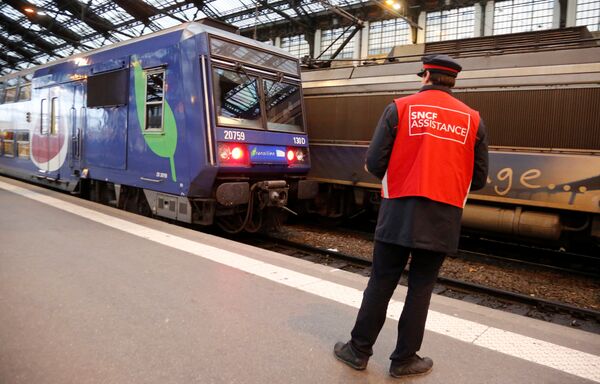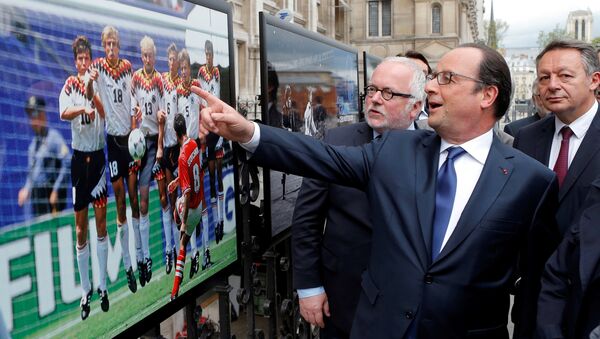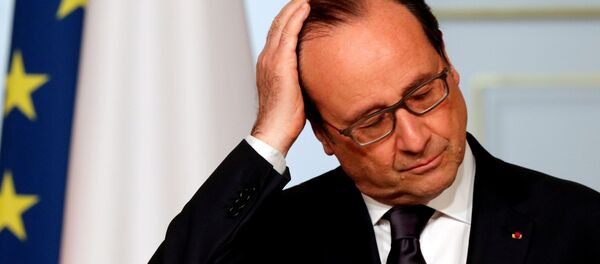With just ten days to go before the first match in Euro 2016 — which France is hosting — Hollande has been forced to offer sweeteners to teachers and performing artists, as well as intervene in railway pay negotiations in order to head-off major disruption to the football tournament.
French rail workers Tuesday night (May 31) began a series of open-ended walkouts as part of ongoing mass strikes across France over controversial reforms to the highly codified French labor laws — known as the Code du travail.
The labor reforms were largely directed at making companies take on more workers on permanent contracts, rather than temporary ones, to bring down the unemployment rate from ten percent. The proposals would give employers more scope to lay-off workers and cut costs and allow some employees to work far longer than the current 35-hour week.
Other reforms include a cap on severance pay for workers dismissed by a company. The current uncertain cost of laying-off workers mean that companies are risk-averse to doing so, leaving them less flexible and — in some cases — less productive. Opponents say the reforms would undermine workers' rights on pay, overtime and breaks.
Dispute Settlements
Workers at the French railway network SNCF walked out on the evening of May 31 — despite offers by Hollande to intervene in negotiations over the state operator's reorganization — be followed on June 2 by colleagues on the Paris Metro.

Meanwhile, Hollande's government has offered school teachers a pay rise, offered to restore slashed funding for research and public money to settle a dispute over performing artists' unemployment insurance.
#Frexit Index has tripled in May as investors see higher risk that #France, incapable doing reforms, will leave Euro pic.twitter.com/AsjPbJAXzV
— Holger Zschaepitz (@Schuldensuehner) 1 June 2016
Hollande is facing deep divisions within his own party and well as continuing mass protests by students and unions after surviving a no-confidence vote over his reforms to the country's labor laws and bypassing parliament to push them through. He invoked a little-used article of the French constitution to enact the reforms, sparking more than eight weeks of mass protests across France.



